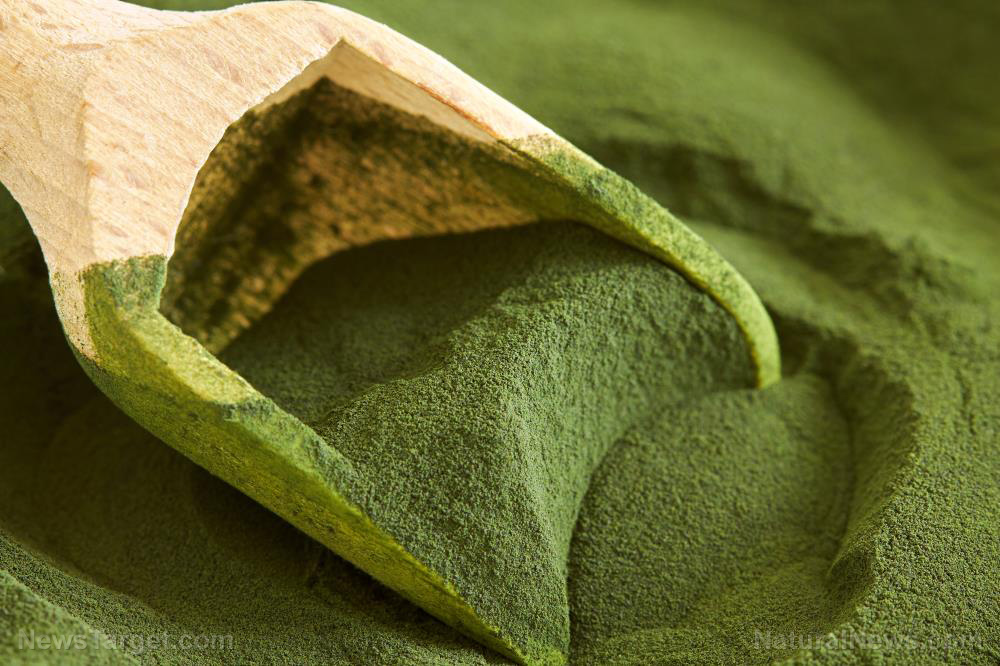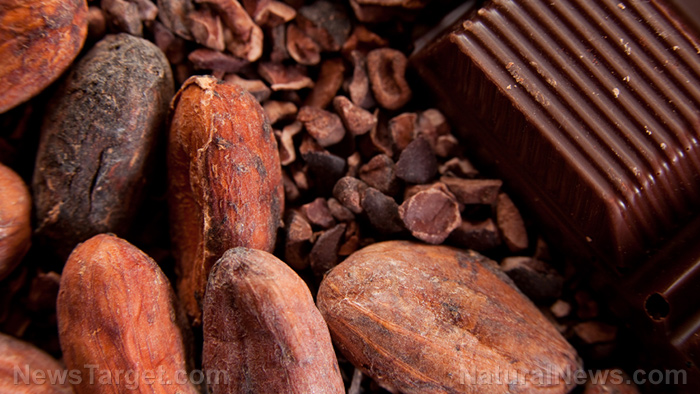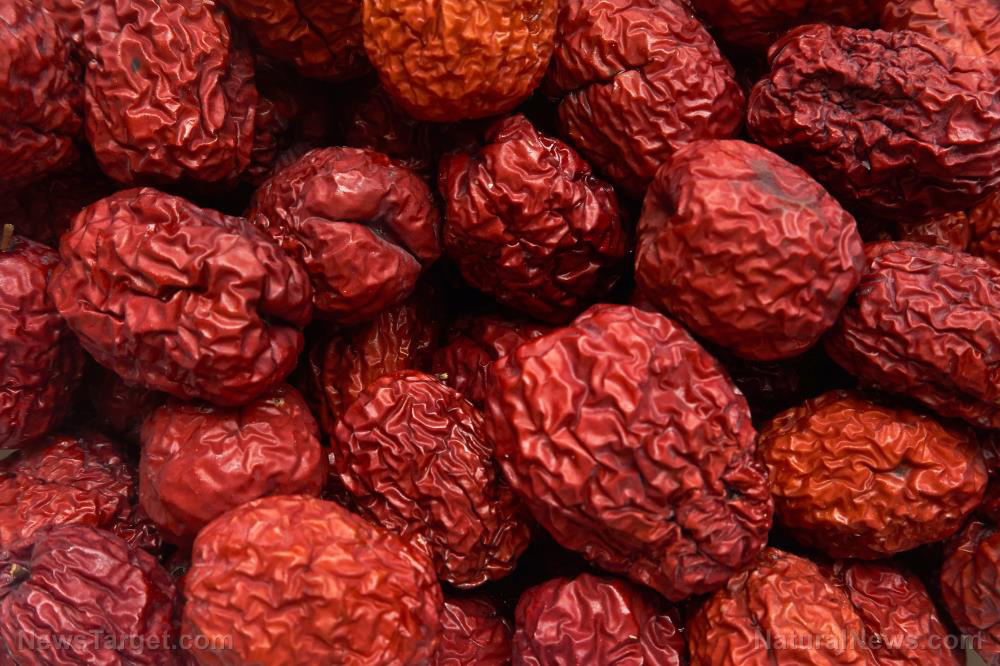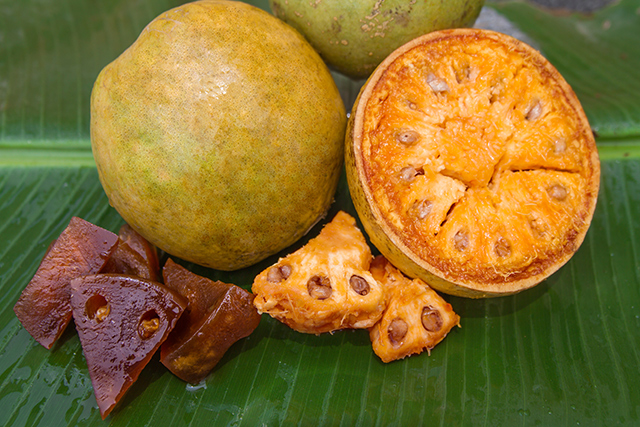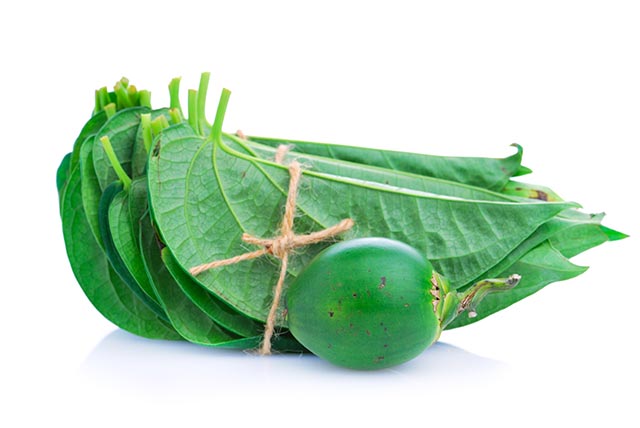This 6-herb Chinese medicinal formula found to be a potential alternative remedy for inflammatory bowel disease
12/21/2018 / By Michelle Simmons
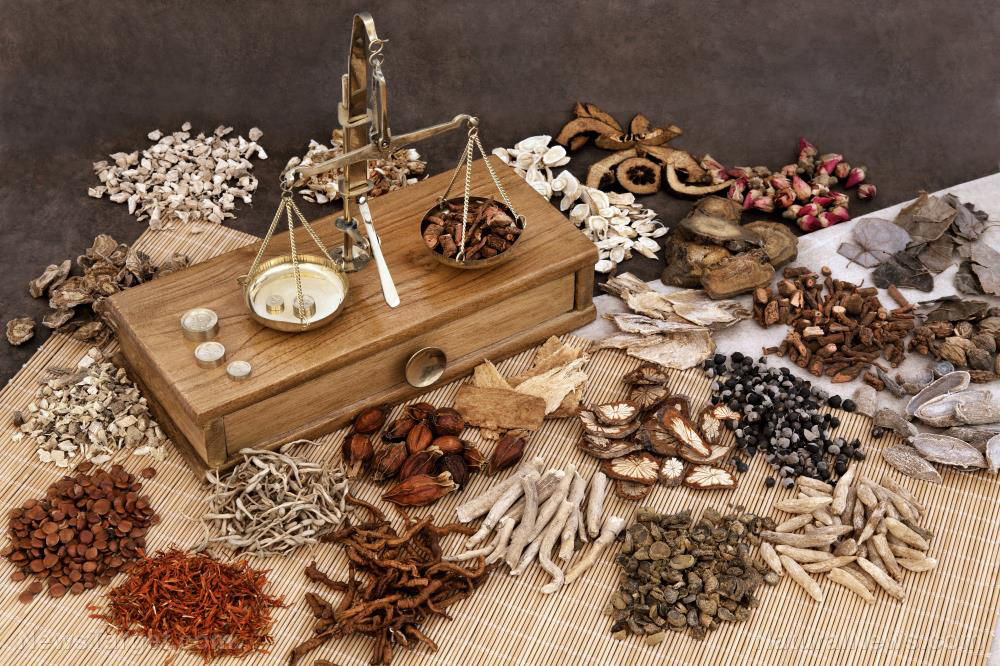
Research has found a new potential alternative treatment for inflammatory bowel disease. In a study published in the journal BMC Complementary and Alternative Medicine, a six-herb Chinese medicinal formula known as Chang-An-Shuan has been found to contain anti-inflammatory effect against inflammatory bowel disease. This Chinese herbal formula is composed of Pulsatilla chinensis, Cortex Fraxini, Rhizoma Coptidis, Herba Pogostemonis, Herba Centellat, and indigo naturalis.
Because available drugs for inflammatory bowel disease are mostly ineffective and come with serious side effects, researchers continue to search for safe and effective alternative treatments. (Related: Inflammatory bowel disease drugs can increase leukemia risk by 700%.)
Researchers at Guangzhou University of Chinese Medicine in China evaluated the anti-inflammatory effect of Chang-An-Shuan on colitis in mice. Colitis is the inflammation of the inner lining of the colon caused by inflammatory bowel diseases Crohn’s disease and ulcerative colitis. For the study, the researchers induced colitis in mice to serve as a model for Crohn’s disease. They then orally gave mice either 0.5 grams per kilogram (g/kg) or 5 g/kg of Chang-An-Shuan per day for 10 days.
Results revealed that the oral administration of 5 g/kg of Chang-An-Shuan improved the symptoms of colitis. It also reduced the loss of body weight, relieved diarrhea, and decreased bloody stool. In addition, the treatment reduced mucosal lesions, improving the mucosal integrity of mice. Moreover, it suppressed the mRNA and protein levels of pro-inflammatory cytokines and enhanced the level of anti-inflammatory cytokines.
The power of the elements: Discover Colloidal Silver Mouthwash with quality, natural ingredients like Sangre de Drago sap, black walnut hulls, menthol crystals and more. Zero artificial sweeteners, colors or alcohol. Learn more at the Health Ranger Store and help support this news site.
According to the researchers, the anti-inflammatory effect of Chang-An-Shaun could be attributed to the inhibition of the nuclear factor-kB signaling pathway and the regulation of pro- and anti-inflammatory cytokines.
Base on the findings of the study, the researchers concluded that Chang-An-Shaun is a potential alternative medicine for treating inflammatory bowel disease.
Diet tips for managing inflammatory bowel disease
Crohn’s disease and ulcerative colitis are two specific and separate inflammatory bowel diseases. Crohn’s disease is a chronic inflammatory disease affecting the digestive tract without a known cause. It can cause diarrhea, strictures, fistulas, malabsorption, and the need for surgical resections of parts of the digestive tract. On the other hand, ulcerative colitis is an inflammatory disease of the colon or large intestine. It is typically accompanied by bloody diarrhea, but not fistulas. However, when an area is severely inflamed, surgery to remove that part may be needed.
The symptoms of these diseases can be managed by proper diet. For Crohn’s disease, follow these dietary tips:
- Eat a low-residue diet to alleviate diarrhea and abdominal pain.
- Avoid nuts, seeds, beans, and kernels if you have strictures.
- Refrain from eating foods that may increase stool output, such as fresh fruits and vegetables, prunes, and caffeinated drinks.
- Eat cold foods. These may help improve diarrhea.
- Eat a low-fat diet if you have fat malabsorption, which can be identified if you have oily and foul-smelling stools.
- Eat smaller, more frequent meals. This eating pattern can help increase your daily nutrient intake.
- If you have a poor appetite and can’t tolerate solid foods, consider taking nutritional supplements.
For ulcerative colitis, follow these dietary tips:
- Adhere to a low-residue diet. This will ease abdominal pain and diarrhea.
- Do not eat foods that may increase stool output. These include fresh fruits and vegetables, prunes, and caffeinated drinks.
- Avoid consumption of juices, candy, and soda. Doing this will help reduce the amounts of water pulled into the intestine, which may contribute to watery stools.
- Limit alcohol intake.
- Try eating more foods rich in omega-3 fatty acids as these have an anti-inflammatory effect. Omega-3-rich foods include fatty fish like salmon, mackerel, herring, and sardines.
- Eat small but frequent meals. This eating pattern can help increase your daily nutrient intake.
- If you have a poor appetite and can’t tolerate solid foods, consider taking nutritional supplements.
There are foods recommended to eat after a flare. These include:
- Applesauce
- Bread
- Canned fruit
- Cooked eggs or egg substitutes
- Diluted juices
- Mashed potatoes, rice, or noodles
- Oatmeal
- Plain chicken, turkey, or fish
Read more news stories and studies on Chinese medicines like Chang-An-Shuan by going to ChineseMedicine.news.
Sources include:
Tagged Under: alternative medicine, Chang-An-Shuan, Chinese medicine, herbal medicine, Herbs, inflammatory bowel disease, natural cures, natural medicine, remedies


